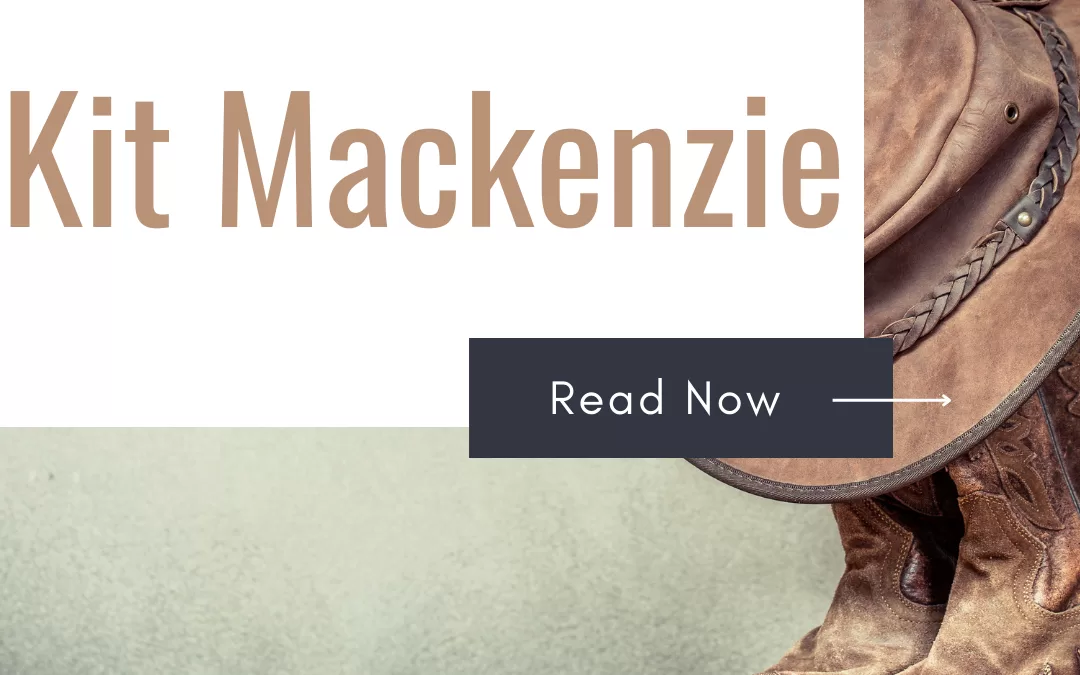I am an affiliate with Grammarly. I earn a commission when you click on ads on my blog. View my full affiliate disclaimer here.
This is an opportunity to brush up on some of our grammar skills. I constantly run into the same grammar errors in my own writing, in my blogs, or in my books, and it is something that I’ve started paying closer attention to. I’m not writing this because I’m a flawless writer or the world’s best self-editor, but rather I’m writing it because these things have really helped me whip my writing into shape and maybe it will help you too!
I should state that none of these grammar rules are a secret and most of them are ones that you’ve almost certainly learned at some point in your life. But just like we don’t always remember our math formulas off the top of our heads, we can also forget grammar rules. As someone who reads a lot of unpublished works (and in a volunteer capacity sometimes helps younger writers with their essays,) I can tell you that I run into these a lot. And I also do them myself.

That vs. Which
I’ve come to consider that I am a woman of many words. I like to write things which satisfy my soul and bring me joy. I am a woman that loves to read. I understand that which I must in order to do the things that which must be done.
Don’t worry, you are allowed to cringe when reading the above sentences. In fact, I encourage it.
In the above sentences, I used almost every “that” and “which” incorrectly. And I also wrote it so many times that the words both look completely wrong to me now. Okay, so this is a grammar rule that I have been catching myself using incorrectly when writing recently.
I’ve come to consider that I am a woman of many words.
In this phrase, that is being used correctly. Why? Because it is a restrictive clause. Purdue OWL describes it as ” A restrictive clause means that the information in the clause is necessary to understand the preceding noun. For a restrictive clause, use that.”
I am a woman that loves to read.
Sometimes I use “that” in this way. If I were speaking to a friend out loud, that might be how I say it. But it’s not correct. The phrase should be, I am a woman who loves to read. That and which are both inappropriate in this instance. Obvious? Yes. But sometimes, when reading I have noticed other people do this too, so I know I’m not alone.
I understand that which I must in order to do the things that which must be done.
This sentence is a bit of a mess. For one, it’s a run-on sentence and a huge mouthful. It really only works if you read it out loud with an interesting accent and pretend to be from Shakespearean times. Grammarly would like me to write the sentence as such:
I understand I must do the things that must be done.
This is a simplification and while technically correct, it kind of shows the root of the problem. The sentence is pretty boring. I might be better said, “I understand what I must do.” Further simplifying the sentence, but also makes it less of a chore to read.
I don’t think anyone is out here writing like this sentence, but it was fun to try to come up with a really wrong way to say it.
Someone posed a question regarding “that which” on Substack, which I enjoyed reading, and I’d like to share part of the response with you:
“When there are several possible equivalent ways of saying the very same thing as we have here, longer versions often feel heavier and more cumbersome than shorter versions. They’re probably less common and so may sound more formal. This makes the choice of something (that) or that which sound less casual and more unusual, especially that which.”
Substack Answer
Oh! And back to when the correct time to use “which” is: “Use which when the information in the clause isn’t necessary to understanding the noun in the sentence. This sort of clause is a non-restrictive clause.”
If you’d like to dig further into the That vs. Which discussion, I suggest heading over to Purdue OWL and reading the full article because they give many examples and include a helpful video.
Homophones and Homographs
I think by now most people are familiar with the grammar trifecta “they’re, their, and there” and the common issues that people run into with them. These are homophones, words that sound the same and are sometimes spelled differently.
Homographs, on the other hand, are words that are spelled the same but have different meanings. Examples: lead/lead, content/content, miss/miss, bark/bark. You can click here for a longer list of homographs.
An interesting example of both is lead/lead/led.
I asked my friend, Pamela from The Picky Bookworm, if she had any words that she runs into often in manuscripts (she is an editor) and she gave me these examples: pored/poured, through/threw, lie/lye.
This article by Vocabulary.com is an interesting read about homophones vs homographs vs homonyms, if you are interested in digging deeper into these.
I think it can be challenging to start self-editing for these because if you have been writing things the wrong way for a long time then you might just skip over them without seeing an issue. Also, not all grammar checkers will pick up on them. I think Grammarly does a shockingly good job with a lot of these, especially the more common ones, but if you notice that you’ve made a habit of using the wrong homophone or homograph in your writing, then maybe put up a sticky note on your computer to help you catch it as you write it next time.
To add to this, Purdue OWL has a fantastic article on common words that sound alike, with some bonus spelling tips.
Commas
Commas can actually be quite controversial within the writing community. Some writers love to use commas and others try to avoid them. The Oxford Comma has long been a debate between grammar nerds. I think I used commas more liberally when I first started writing as a symptom of run-on sentences.
Instead of coming up with a bunch of examples of “bad commas” myself, I’m going to leave some resources here that I found that are very helpful with commas:
- Commas: Quick Rules – Pursue OWL
- Five Common Comma Errors Explained – Rogers State University
- Funny Grammar Mistakes: Commas – Oxbridge Editing
- Bad Comma – The New Yorker
Before we move on, I want to talk about a common issue that I run into all the time: commas and parentheses. When writing a sentence that involves both a comma and a parenthesis, should the comma go inside of it or outside of it? In the same vein, when ending a sentence with a period and a parenthesis, should the period go inside of it or outside of it?
(Pretend sentence.)
(Simula sententia).
(Faire semblant de prononcer une phrase),
(Frase pretendida,)
So, here are some resources for this:
Comma Before Parentheses or After – Grammarly
This is also an easy rule to remember; you have to remember why parentheses are used in the first place: to offset information NOT essential to understanding the sentence. Therefore, commas should never be placed before parentheses (with one exception, explained below). Place the comma after parentheses for correct sentence format.
Comma Before or After Parentheses – Grammarist
So, my understanding is that if you use a comma with parentheses, it should be placed after the parentheses. The same goes for periods. Exceptions are if the parentheses is in their own sentence. (Like this one.) Another example is if there are multiple items inside the parentheses (like cats, dogs, and birds).
Active Voice vs. Passive Voice
This one blurs the line between writing style and grammar errors. I can sometimes struggle to use an active voice myself. In Writing Tools by Roy Peter Clark (one of my favorite books), he states in the very first chapter: “Begin sentences with subjects and verbs. Make meaning early, then let weaker elements branch to the right.”
Take this description from the Grammarist: “Passive sentences occur when the object of the sentence starts the sentence instead of appearing at the end. The result is a weak, dull, and unclear piece of writing that doesn’t have a subject.”
Write each sentence with meaning and be clear. That is using an active voice. Writers who master the active voice will captivate their readers in the first few words.
Here is an example of active voice in fiction. I am going to copy down the first few words in each sentence from a chapter in The Guest List by Lucy Foley.
“The band have begun to play… I realize I’m holding his hand hard enough to hurt… The guests surround us… Their faces are flushed… They’re drunk… They press forward.”
Each sentence is so active that you almost feel as riveted and out of breath as the people that are in the scene. This book was easy to consume in almost one sitting because of the way that it is written and much of that comes down to these active sentences.
Here is another quote from Writing Tools:
“If the writer wants to create suspense, or build tension, or make the reader wait and wonder, or join a journey of discovery, or hold on for dear life, he can save subject and verb of the main clause until later. As I just did.”
Writing Tools, Page 13
This is an example of how masterful Roy Peter Clark is when writing this book because he could have just as easily phrased it, “Save subject and verb of the main clause if you want to create suspense…”
Passive voice, if overused, can make even the most interesting story seem boring and contrived. When used sparingly, it can emphasize and withhold information until the perfect moment.
Thank you for reading!
What are your grammar pet peeves?
So, this concludes the grammar rules that I think every writer should know. What would you add to this list? Do you agree or disagree with any of the rules that I mentioned? Share your thoughts in the comments below!



![The Lake by Natasha Preston [Book Review]](https://elizastopps.com/wp-content/uploads/2025/05/81egaTM6DyL._SL1500_-1015x675.webp)


0 Comments